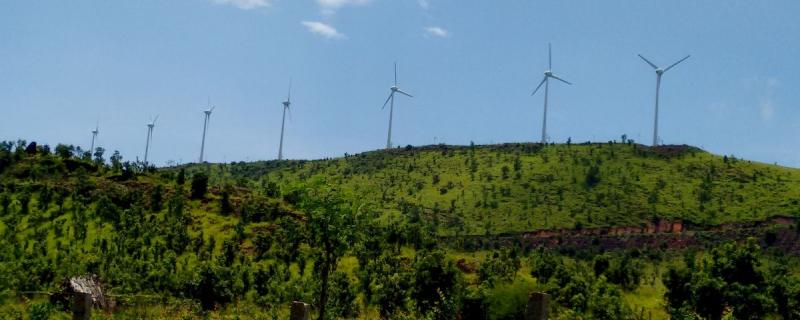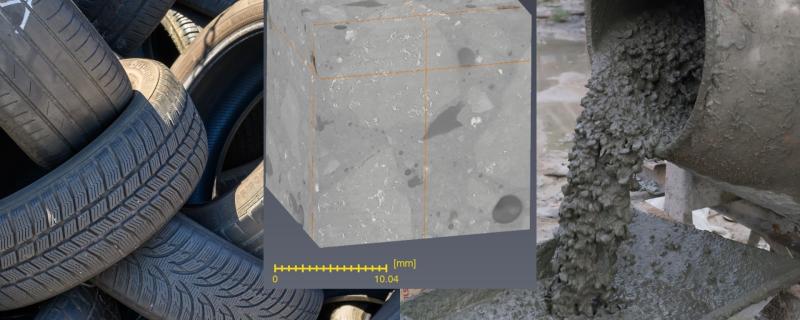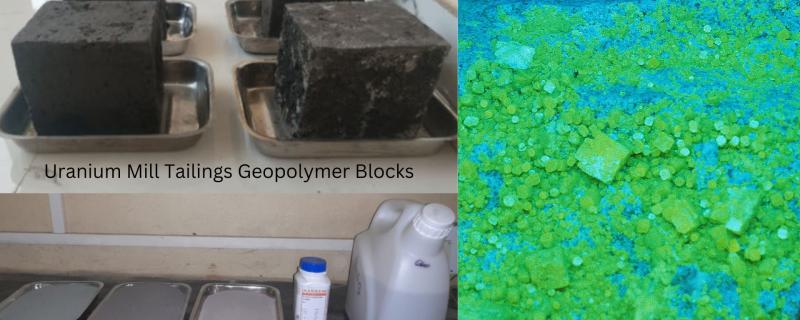Researchers explored the differences between a person solving a logical problem and one facing a moral dilemma by tracking people's eye movements as they tackled these kinds of problems.
Researchers from IISST used simple polymethyl methacrylate (PMMA) to partially correct a turbulent laser beam and restore its statistical order.
Thiruvananthapuram/









